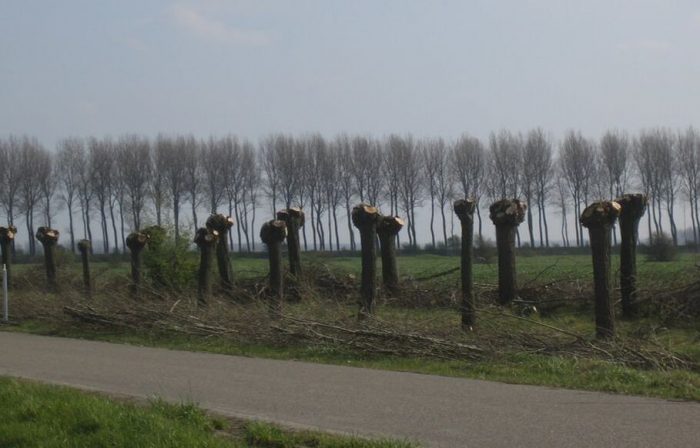Here is a word that sounds as gross as its definition. It is one of the words Sir Arthur Conan Doyle used to describe the Grimpen Mire in The Hound of the Baskervilles, one of The Greatest Adventures of Sherlock Holmes. Watson and Holmes chase the villain into the mire on a dark and foggy night. It was very dangerous for them all.
Miasmatic – a vapor from decaying organic matter
Usage: “Rank weeds and lush, slimy water-plants sent an odor of decay and a heavy miasmatic vapor onto our faces, while a false step plunged us more than once thigh-deep into the dark, quivering mire, which shook for yards in soft undulations around our feet.”



